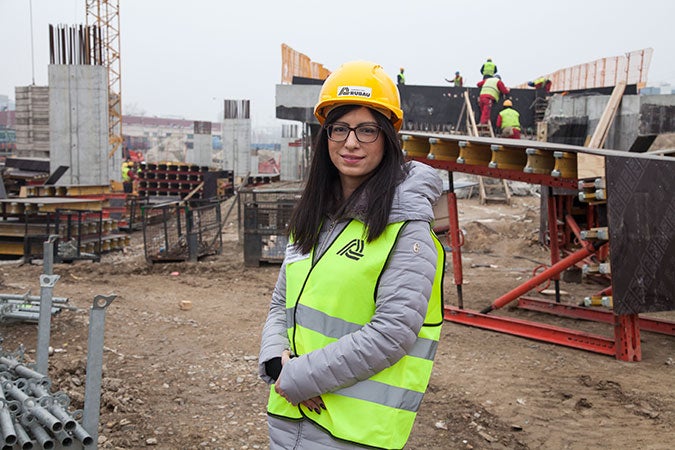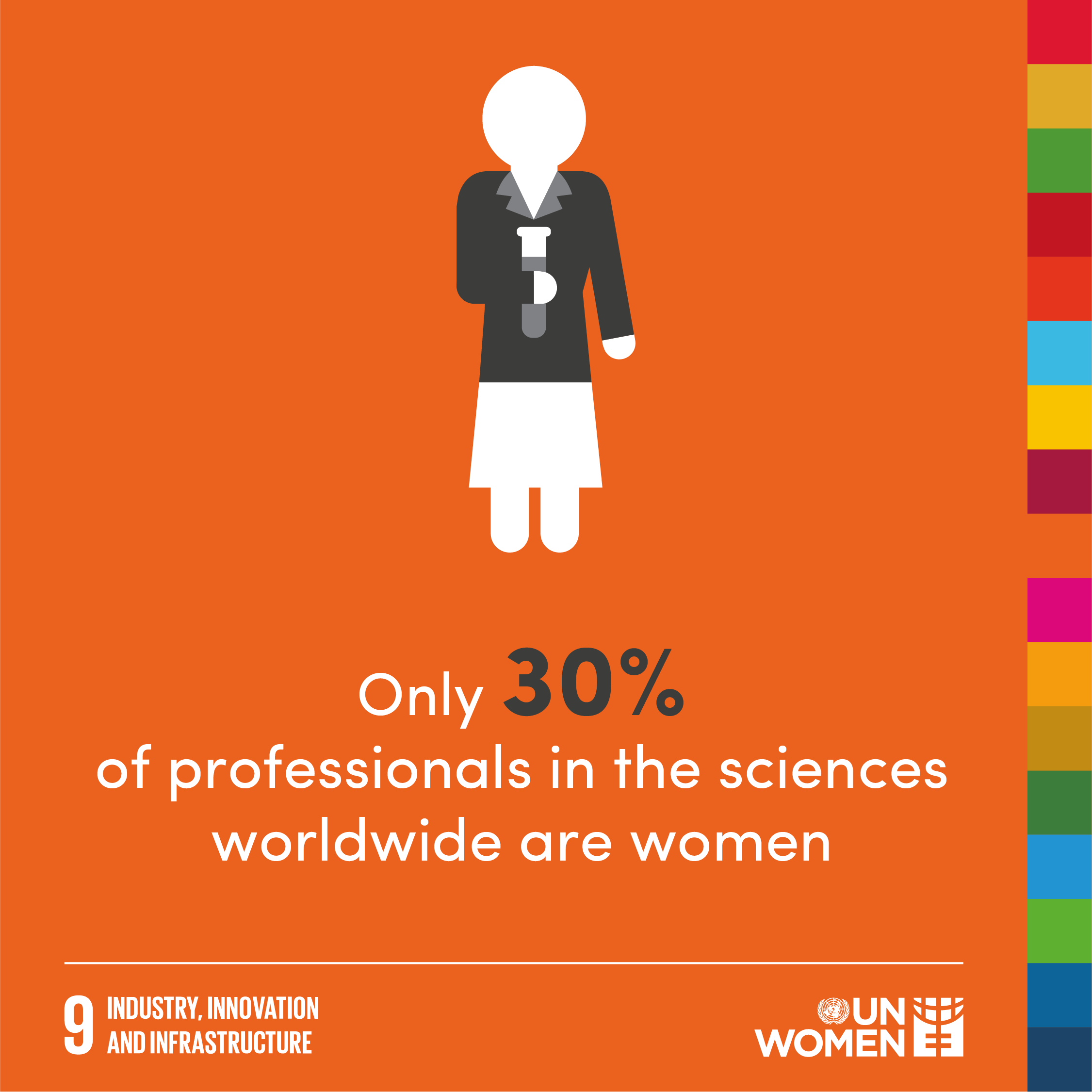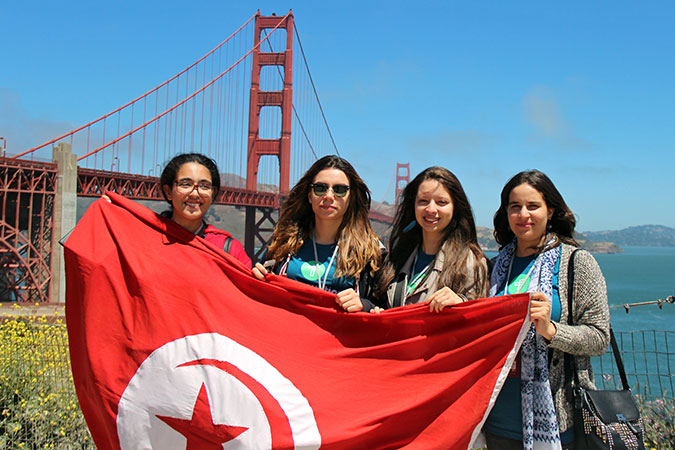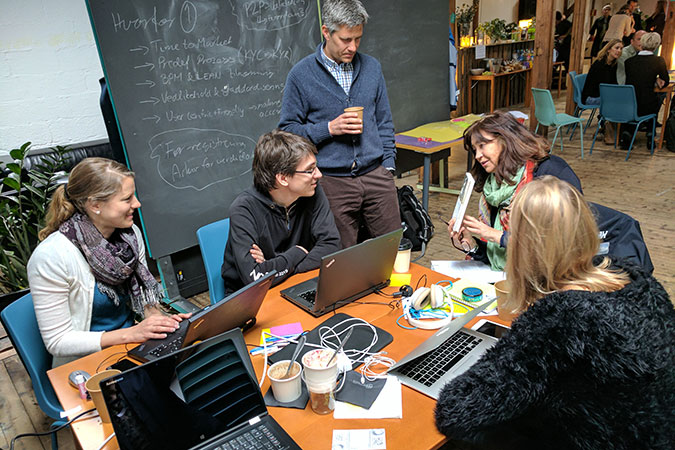SDG 9: Build resilient infrastructure, promote inclusive and sustainable industrialization and foster innovation (original) (raw)

Photo: UN Women/Rena Effendi
Targets
Develop quality, reliable, sustainable and resilient infrastructure, including regional and transborder infrastructure, to support economic development and human well-being, with a focus on affordable and equitable access for all.
Promote inclusive and sustainable industrialization and, by 2030, significantly raise industry’s share of employment and gross domestic product, in line with national circumstances, and double its share in least developed countries.
Increase the access of small-scale industrial and other enterprises, in particular in developing countries, to financial services, including affordable credit, and their integration into value chains and markets.
By 2030, upgrade infrastructure and retrofit industries to make them sustainable, with increased resource-use efficiency and greater adoption of clean and environmentally sound technologies and industrial processes, with all countries taking action in accordance with their respective capabilities.
Enhance scientific research, upgrade the technological capabilities of industrial sectors in all countries, in particular developing countries, including, by 2030, encouraging innovation and substantially increasing the number of research and development workers per 1 million people and public and private research and development spending.
Facilitate sustainable and resilient infrastructure development in developing countries through enhanced financial, technological and technical support to African countries, least developed countries, landlocked developing countries and small island developing States.
Support domestic technology development, research and innovation in developing countries, including by ensuring a conducive policy environment for, inter alia, industrial diversification and value addition to commodities.
Significantly increase access to information and communications technology and strive to provide universal and affordable access to the Internet in least developed countries by 2020.
![]()
Transforming the structure of economies so they are inclusive and sustainable depends on the right infrastructure, industries and innovations. Typically, this entails a move from agrarian to industrial, service or knowledge economies. While the process may seem gender neutral, often it is not.

New manufacturing industries, for example, may be competitive only because they are subsidized by unfair working conditions and low wages for women workers. New service jobs may open for women with high levels of education, even as the majority find they still end up in poorly paid, insecure positions such as in domestic work.
Research and innovation drive the knowledge economy, and are the backbone of future jobs, yet women globally hold less than a third of research positions. Only one in five countries has reached gender parity in research. Similar gaps apply to the construction, manufacturing and energy businesses, which still have too few women employees and decision-makers.
Stories
From where I stand: Ileana Crudu
Ileana Crudu completed one year of training as a participant of GirlsGoIT, a UN Women-supported initiative that teaches girls to code, crushing the stereotype prevalent among young people that girls can’t code and are not as good as boys. Today, Ileana is working towards a career in the IT sector, promoting innovation, and encouraging girls to study technology.
Leveraging the Technovation challenge, Tunisian girls start coding
Girls across Tunisia participated in the third edition of the Technovation Challenge, a global initiative for girls aged 10 – 18 years. The challenge, where girls learn to apply technology to solve problems within their communities, aims to promote inclusiveness and foster innovation.
Oslo Hackathon explores new technology to empower women in humanitarian crisis
The first “blockchain hackathon”, co-organized by UN Women and Innovation Norway in Oslo, brought together technology innovators to address day-to-day challenges faced by refugees. Blockchain is an innovative technology that offers decentralized and secure online database, records and money transfer systems, and offers a feasible solution to displaced persons.


